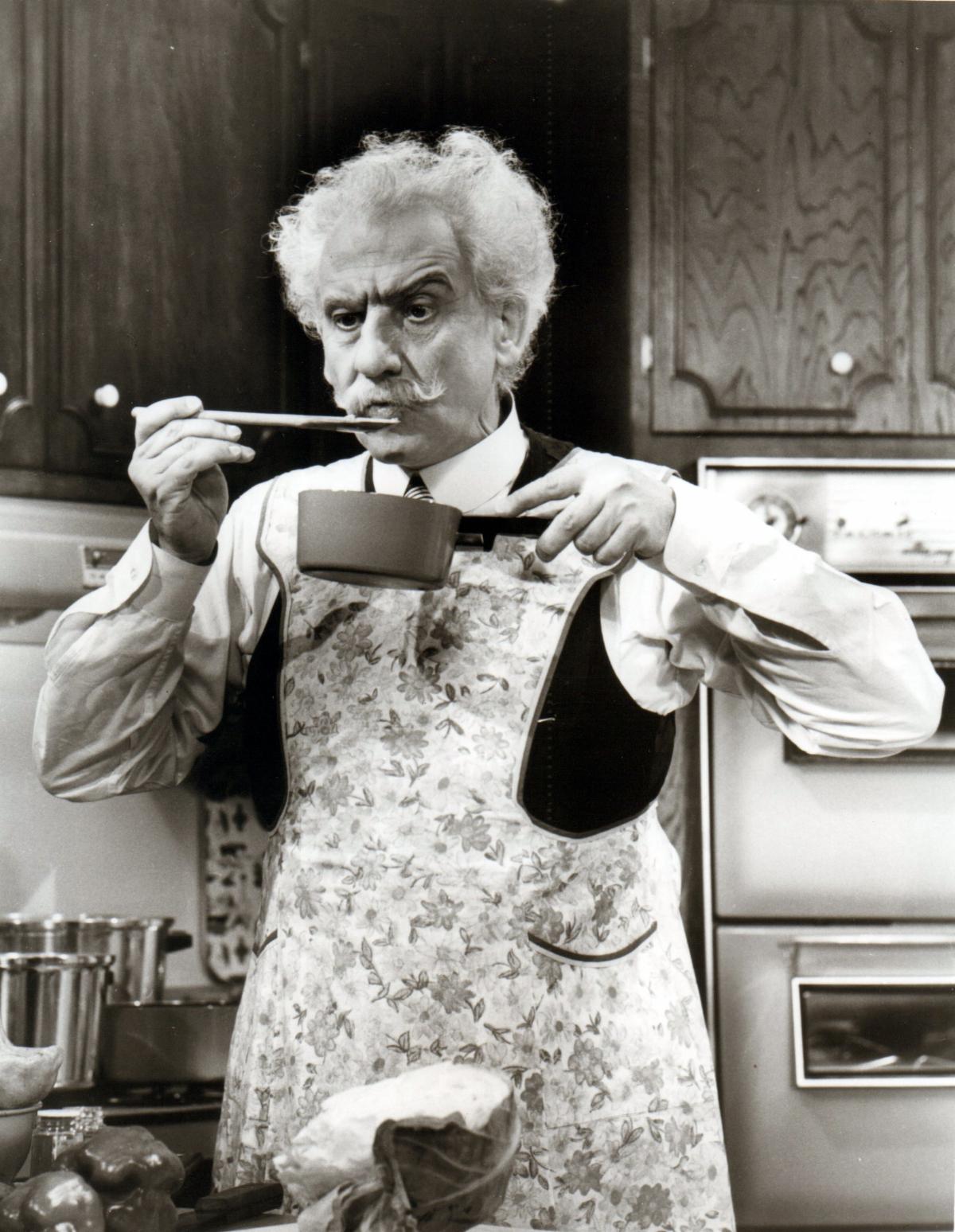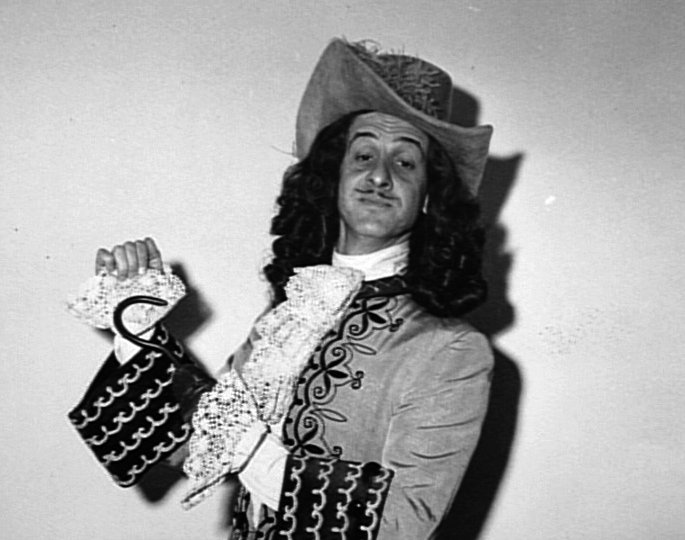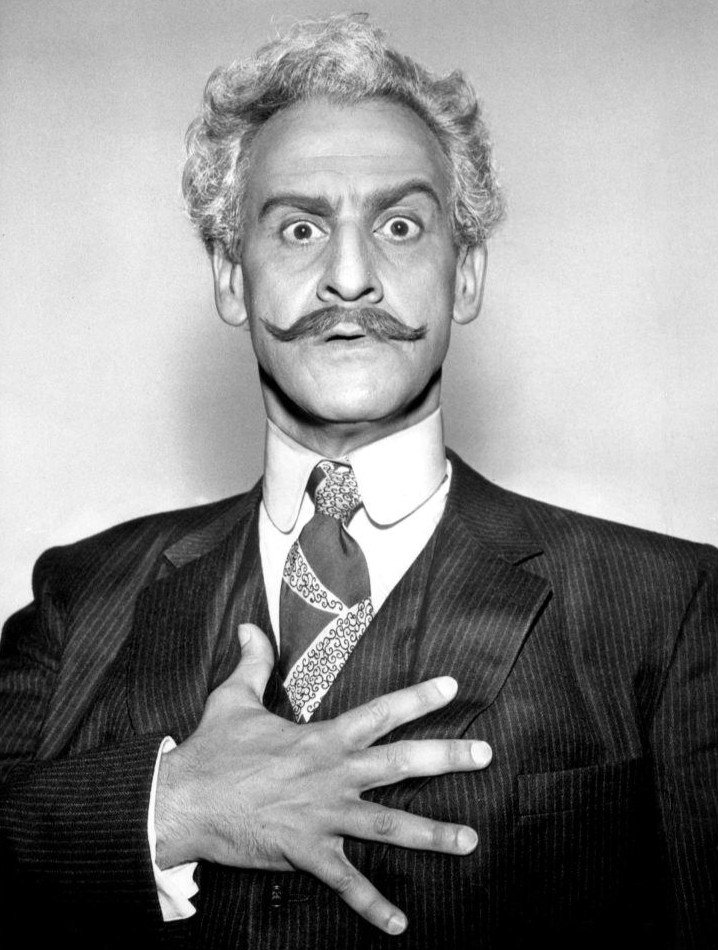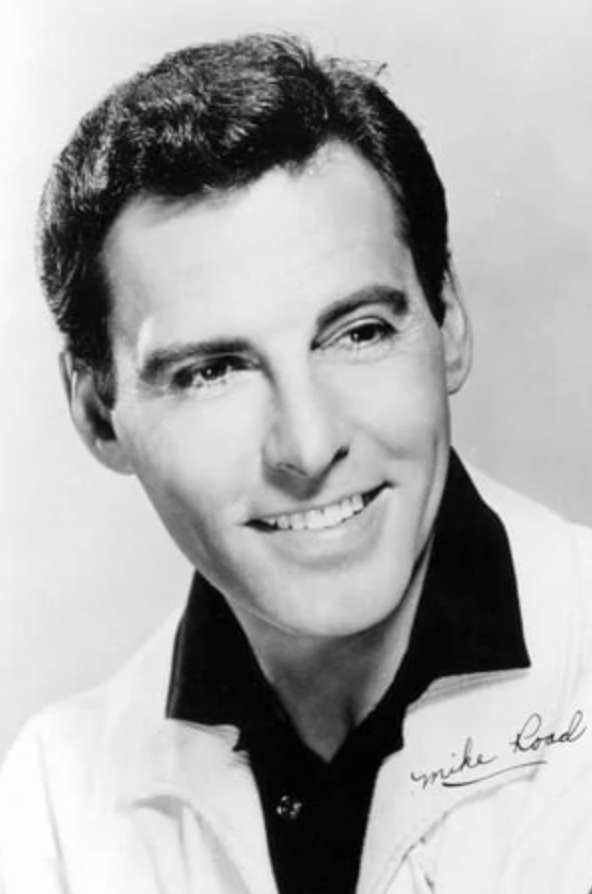
It was 1953 when a very young Harvey Kalmenson raised his right hand, took the oath, and joined the military. It happened to be the United States Army—it didn’t matter what branch of the service it was. The flag was up there for me that day when I took the oath of allegiance to our Constitution, I uttered those words. The son of two immigrant parents and grandparents who had managed, bound together, and without words sharing allegiances to a country they had not yet seen but one my grandmother gravitated towards with unbending patriotism for all of her life.
Some out there may not understand what a thrilling moment it was for me, a nineteen-year-old kid. It's one of those times that often come back in memory, and now especially, as we honor all those who gave their lives for our country. I recognize without them touching our lives, whether we like it or not, whether Democrat or Republican, Christian or Jew, and regardless of the skin color only God may choose for us; we soldiers marched together as one.
Our military men and women have protected us from all the evils man has, for centuries, fostered and perpetrated upon the United States of America and the world we live in today. And so then, this is a special day for all of us to take a moment to give thanks for what our brethren have sacrificed by giving all they had to give, forever.
Some out there may not understand what a thrilling moment it was for me, a nineteen-year-old kid. It's one of those times that often come back in memory, and now especially, as we honor all those who gave their lives for our country. I recognize without them touching our lives, whether we like it or not, whether Democrat or Republican, Christian or Jew, and regardless of the skin color only God may choose for us; we soldiers marched together as one.
Our military men and women have protected us from all the evils man has, for centuries, fostered and perpetrated upon the United States of America and the world we live in today. And so then, this is a special day for all of us to take a moment to give thanks for what our brethren have sacrificed by giving all they had to give, forever.

Arlington National Cemetery, VA
Google Images
…And one more thing:On this day, no matter the passage of time, Cathy and I personally express our thanks for what our family members selflessly donated, spiritually and physically.
"Once more,
We arise from the doldrums
Seemingly an unconquerable disaster
Vague defenses at inception,
Many at odds with each other
Today the world again takes notice,
America might have shown some bend
Yet we remain unbroken
Stalwart
Ready for a new game to begin
Strike up the band"
Harvey Kalmenson






